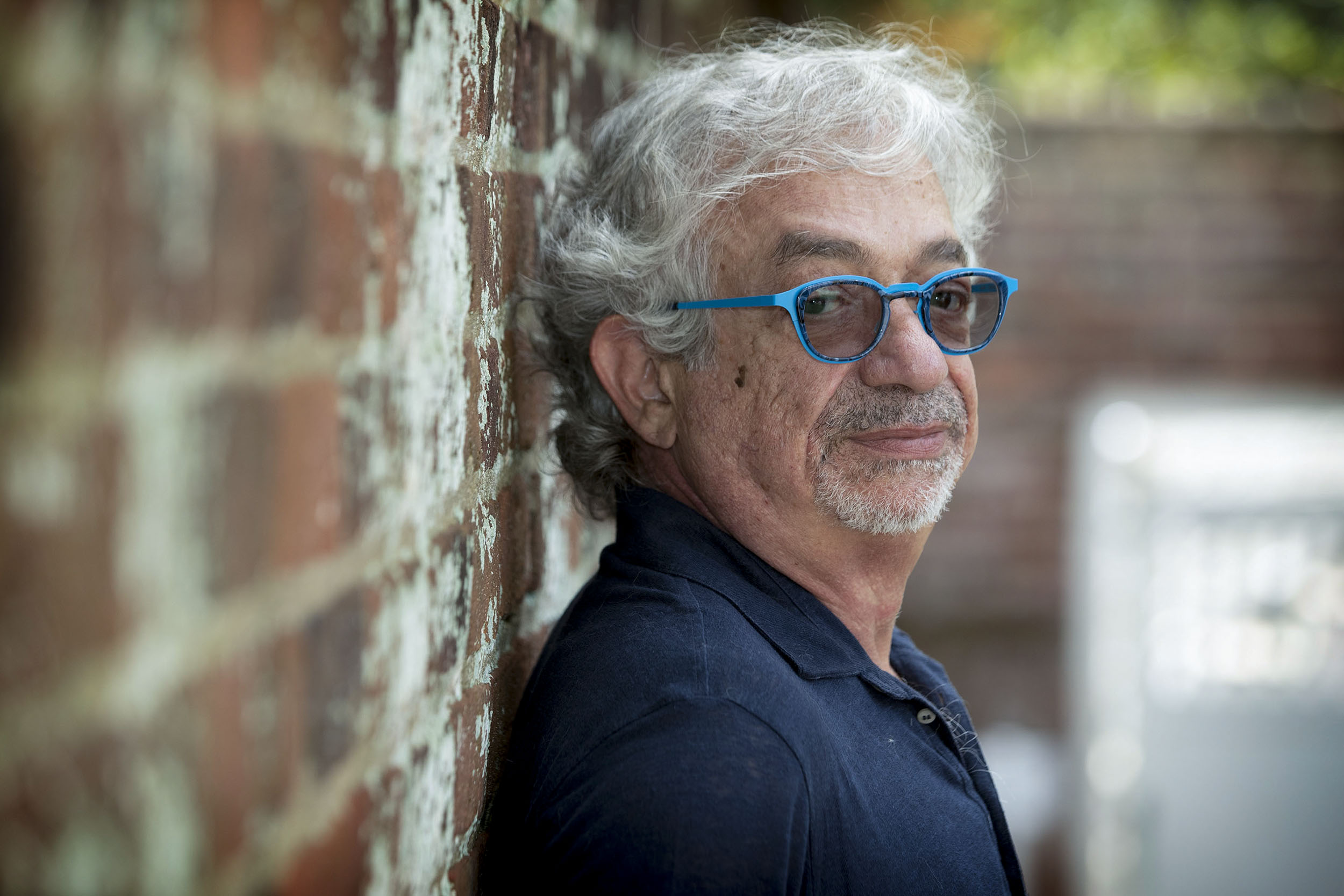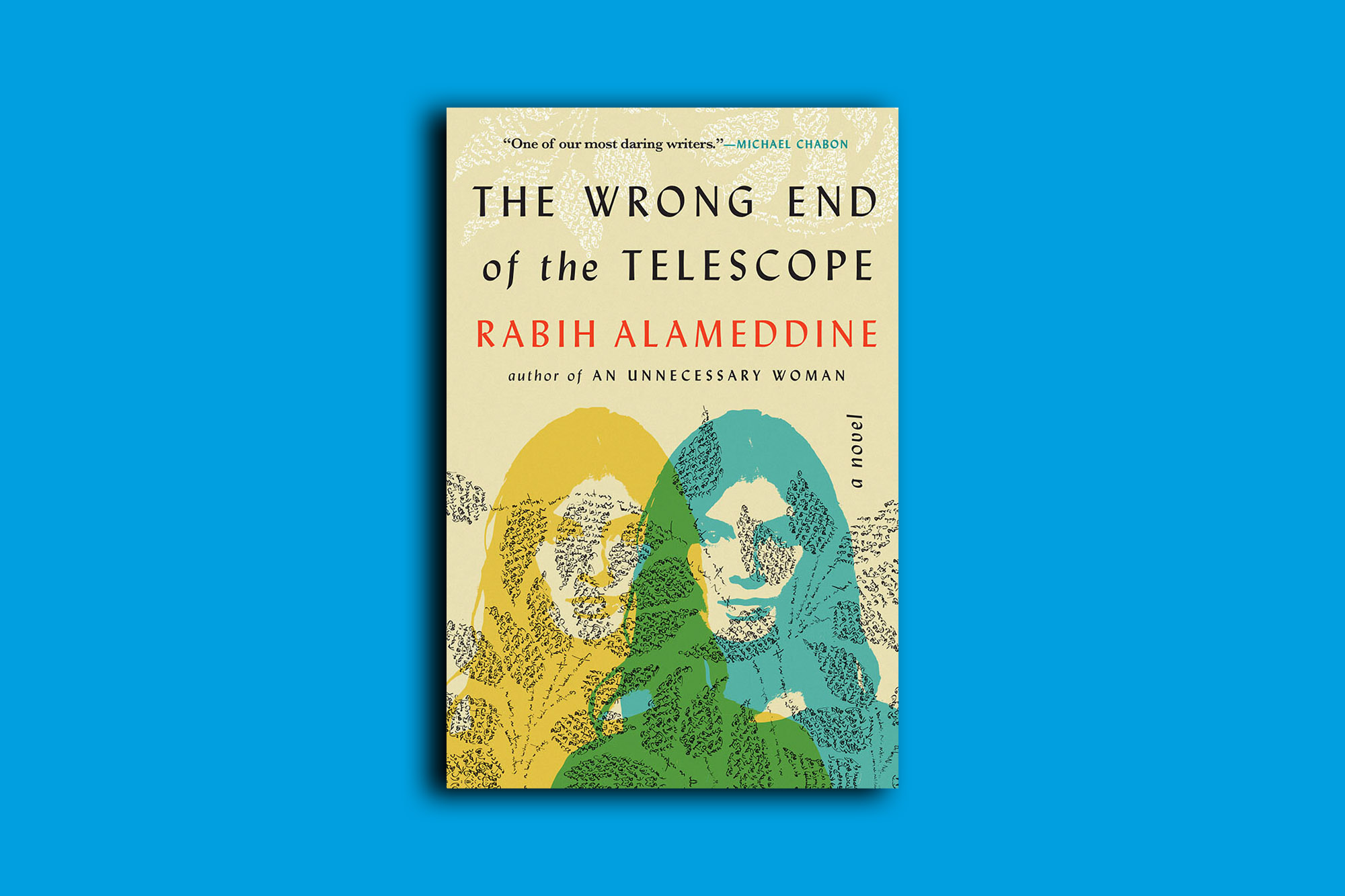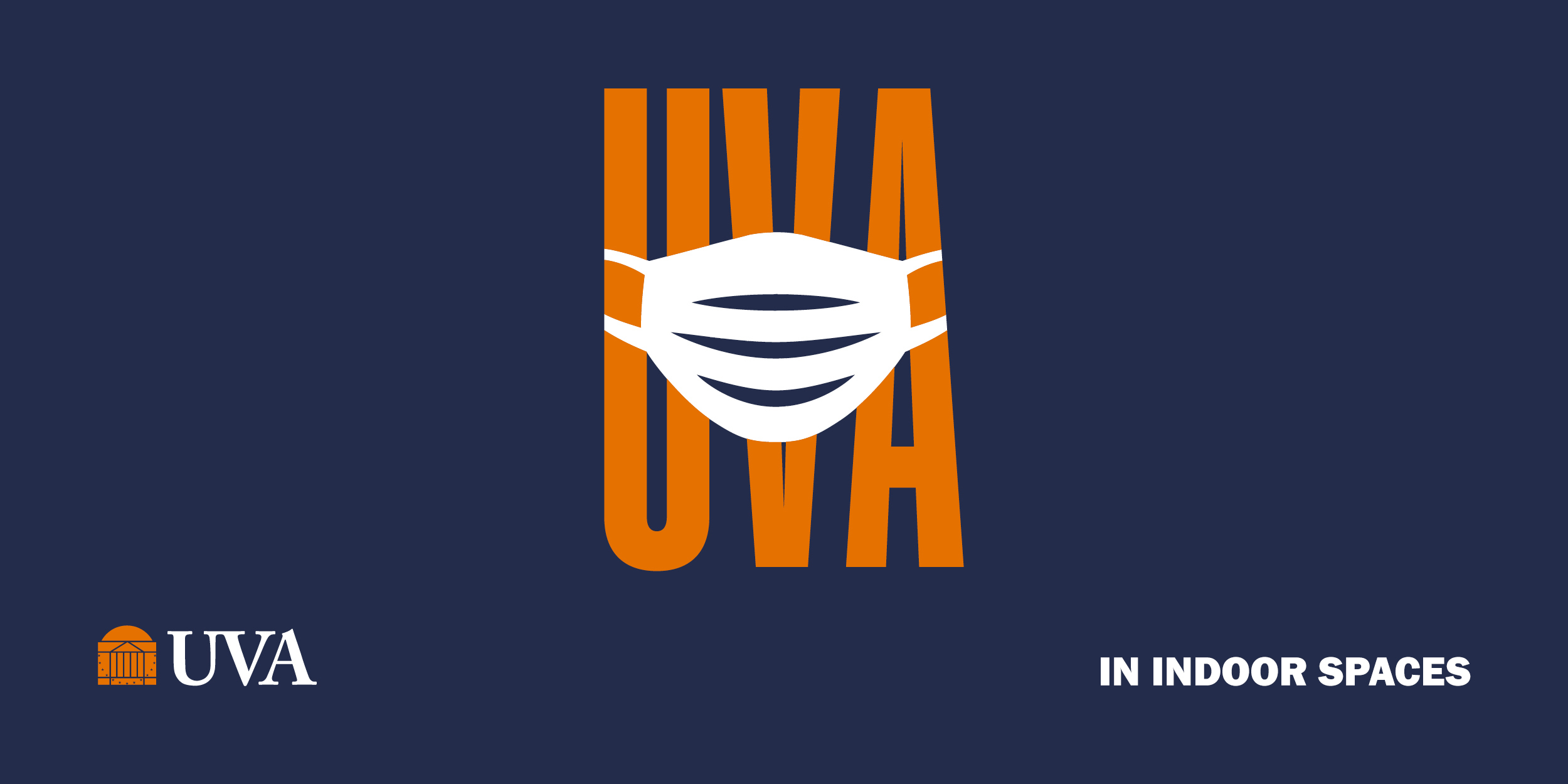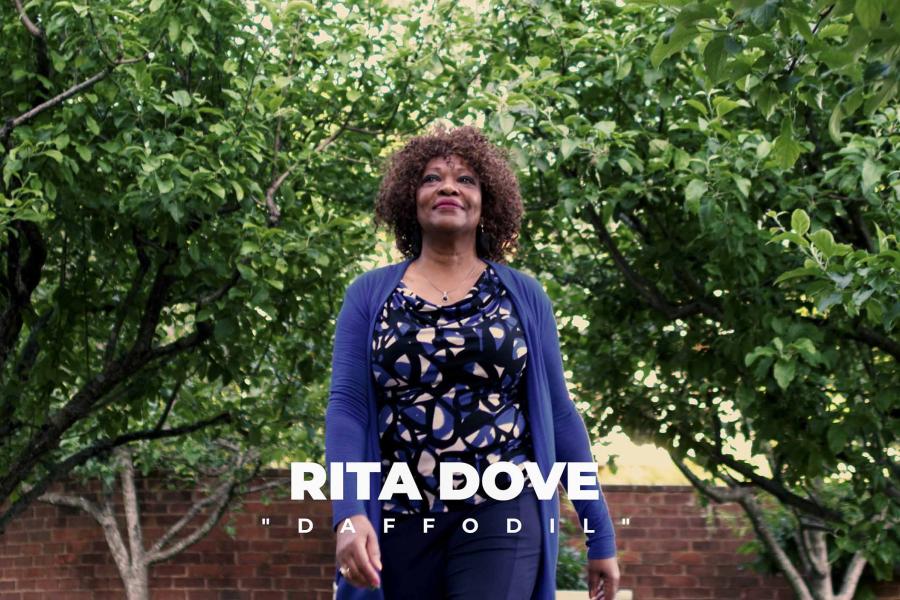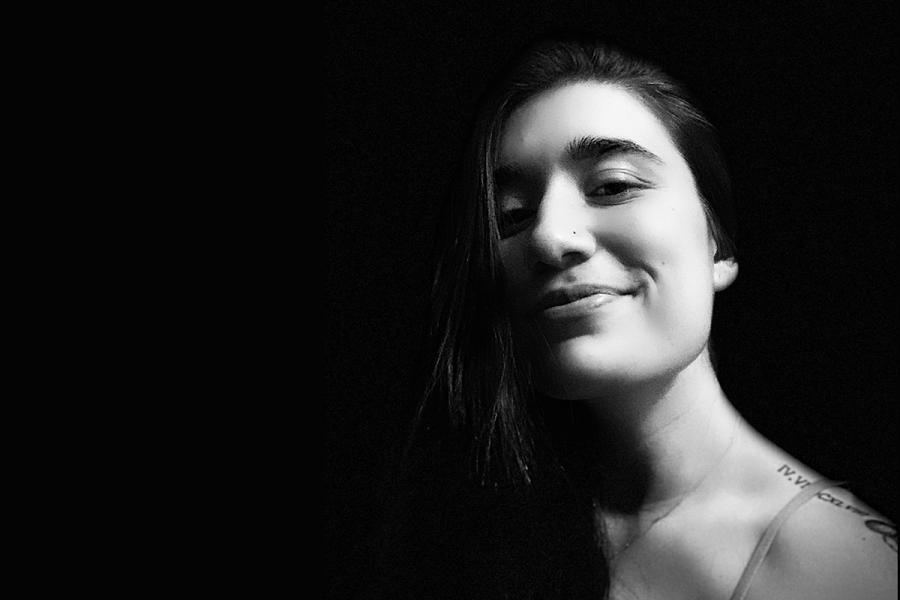Author Rabih Alameddine has spent time “floating” between professions and continents since college.
Concentrating on writing since his mid-30s, he is doing what he feels he is supposed to be doing, Alameddine said recently in email. His five novels and collection of short stories – all critically acclaimed – lend credence to that sentiment. “An Unnecessary Woman” was a finalist for the 2014 National Book Award, among other accolades, and “The Angel of History” won several, including the Arab American Book Award and the Lambda Literary Award, in 2017.
With his sixth novel, “The Wrong End of the Telescope,” about to be released, the author, who is Lebanese American and was born in Jordan, brings his varied experience to the University of Virginia as the yearlong Kapnick Distinguished Writer in Residence. This fall, he’s teaching “Form & Theory of Fiction,” a seminar for creative writing graduate students, and an advanced fiction course for undergraduates.
UVA Professor of Creative Writing Micheline Aharonian Marcom said she’s been reading Alameddine’s books for more than two decades. “Beginning with his first book, ‘Koolaids: The Art of War’ when I was reading everything I could find that pertained to Lebanon, then his wonderful ‘The Hakawati’ and its celebration of storytelling in the tradition of ‘The 1001 Nights,’ until now,” she wrote in email. “His work remains for me luminous, engaged, multifarious and vital – we are thrilled to have Rabih with us this year as the visiting Kapnick writer.”
“The Wrong End of the Telescope” tells what happens when Lebanese doctor Mina Simpson goes to the infamous Moria refugee camp on the Greek island of Lesbos. As she tries to help one of the migrants, Sumaiya, described by the publisher as “a fiercely resolute Syrian matriarch with terminal liver cancer … Mina confronts the circumstances of the migrants’ displacement, as well as her own constraints in helping them.”
